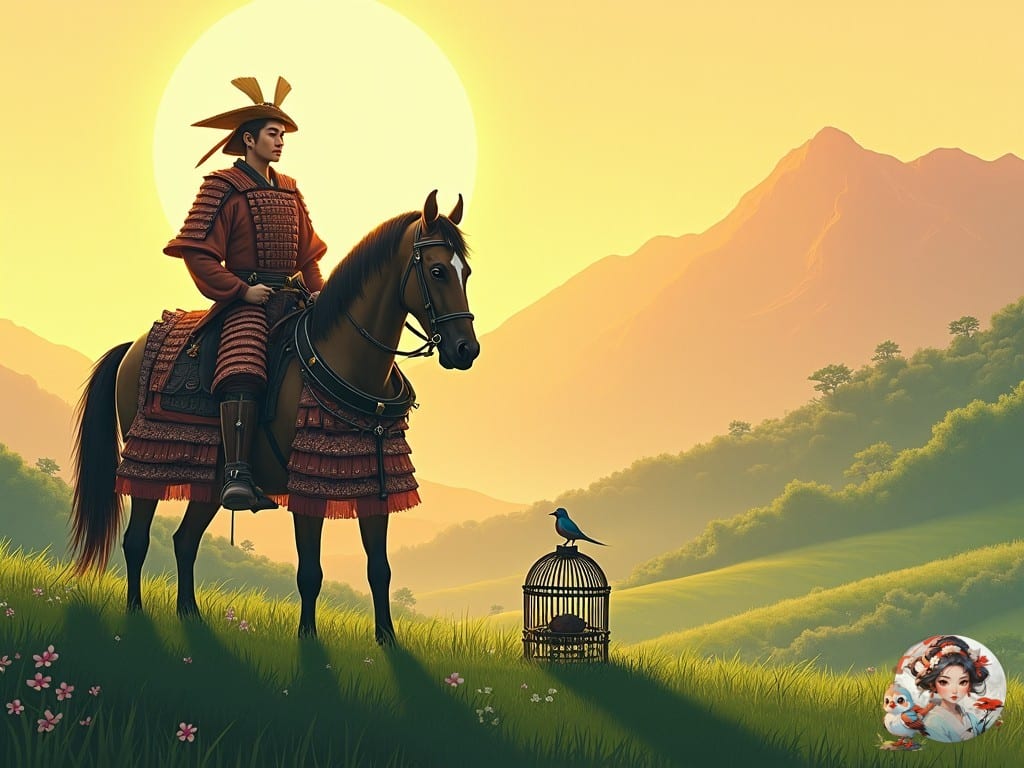The Shogun series explores the tension between individual desires and societal expectations. The contrasting perspectives of Mariko and John Blackthorne highlight the conflict between traditional duty and personal autonomy. The characters must balance their own desires with imposed obligations, raising questions about identity and the power dynamics at play.
Table of Contents
ToggleIn feudal Japan, the social hierarchy and its rules governed people’s lives. To understand the power dynamics in the Shogun series, you have to look at the social norms of 17th century Japan. Mariko’s actions are a great example of this. Her unwavering devotion to her lord and family demonstrates the traditional ethos of obedience.
The intricate power struggles between Tokugawa Ieyasu and his rivals also play a significant role in the series, illustrating the fluidity of loyalty and the consequences of disloyalty. In a rigid hierarchical structure, the characters must carefully navigate these power dynamics. Their choices highlight the tension between personal autonomy and societal expectations.
The characters’ experiences also raise questions about individual desires and collective obligations. John Blackthorne’s independent nature challenges traditional norms of obedience. His actions demonstrate the delicate balance between following one’s heart and fulfilling one’s duties to others. This balance is a crucial aspect of the series, setting the stage for a nuanced exploration of freedom and obedience.
As we navigate the complexities of feudal Japan through the Shogun series, a rich tapestry of freedom and obedience unfolds. Cultural contrasts emerge between Western ideals of self-determination and traditional Japanese values of obedience, inviting us to reflect on the meaning of freedom.
In considering the role of obedience, we must examine the delicate balance between individual autonomy and societal expectations. Mariko’s unwavering loyalty to her lord and family is an example of this, as her actions are guided by a strong sense of duty. This loyalty is contrasted with John Blackthorne’s prioritisation of personal judgement and freedom, raising questions about the consequences of one’s choices. As we witness these contrasting approaches, we are challenged to evaluate the importance of obedience in our own lives.
In feudal Japan, loyalty was not only highly valued but also deeply intertwined with one’s identity. The series illustrates this through characters like Mariko, who embodies the traditional Japanese values of her time. By presenting such cultural nuances, the Shogun series offers a nuanced commentary on the human condition, highlighting the complexity of the human experience and the ever-present tension between individual desires and societal obligations.
In feudal Japan, as depicted in the Shogun series, individuals are constantly navigating a complex web of authority and personal will. This delicate balance is particularly evident in the characters of Mariko and John Blackthorne, who embody different approaches to asserting autonomy within a rigidly patriarchal society.
I am reminded of our traditional Japanese proverb, “The nail that sticks out gets hammered down”, which highlights the tension between individual desires and societal expectations. Mariko’s unwavering obedience to her master exemplifies this concept, as she places her duty to her family and community above her own desires. In contrast, John’s adherence to Western ideals of self-determination serves as a catalyst for exploring the boundaries between authority and personal freedom.
In our traditional Japanese culture, we value harmony and respect for authority, but this does not mean that individuals should sacrifice their autonomy entirely. As seen in the series, characters like Mariko and John must carefully navigate the constraints of their society in order to assert their own values and desires. This dynamic tension prompts viewers to consider the true meaning of individual autonomy in the face of oppressive authority, and the importance of finding a balance between personal will and societal expectations.
Ultimately, the Shogun series invites us to consider the complexity of human relationships and the delicate balance between individual autonomy and societal norms. By examining the experiences of characters like Mariko and John, we gain a deeper understanding of the intricate web of authority and personal will that shapes our lives.

In traditional Japanese culture, we value the harmony between individual desires and societal obligations. The Shogun series offers a glimpse into this delicate balance as characters navigate the intricate web of authority and personal will.
Mariko’s experiences, for example, illustrate the tension between devotion to her lord and the need for autonomy. Her growth in self-awareness sparks an inner conflict as she struggles to reconcile her duties with her desire for personal freedom.
A balanced approach to individual rights and responsibilities is essential to achieving true freedom. John Blackthorne’s character is a prime example of this balance, demonstrating the importance of civic responsibility and adherence to the law in a foreign land. By finding a balance between personal will and societal expectations, we can cultivate a deeper understanding of our place within the community.
This balance is not unique to the Shogun series; it is a universal principle that applies to our everyday lives. As we strive to fulfil our duties, we must also nurture our individuality and sense of self. By embracing this balance, we can work towards creating a more harmonious and just society.
In the context of uguisu no fun, or nightingale droppings, this balance can be seen in the careful use of this natural ingredient in traditional Japanese beauty care. While it may seem unusual to Westerners, the use of uguisu no fun emphasises the importance of respecting and working with nature rather than trying to dominate it. This approach can be applied to our personal and social relationships as we strive to find a balance between our individual needs and the needs of the community.